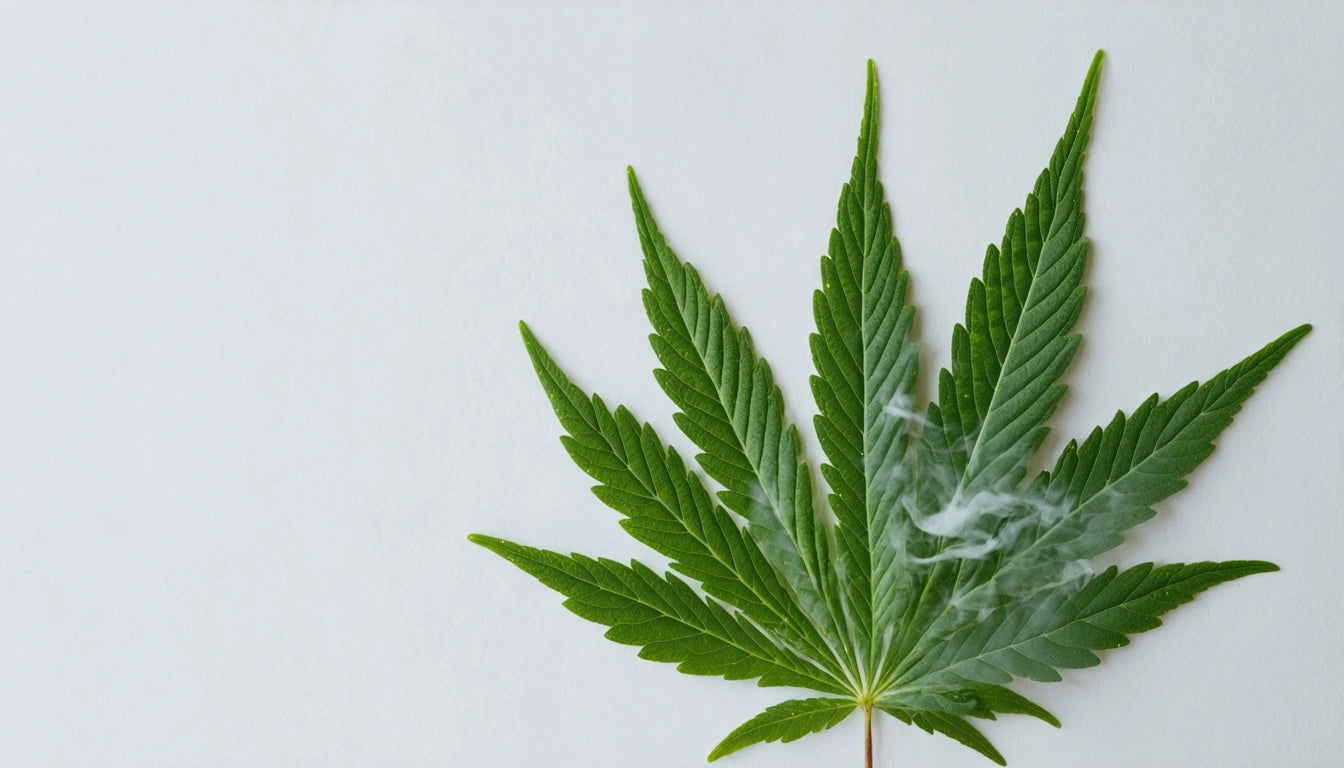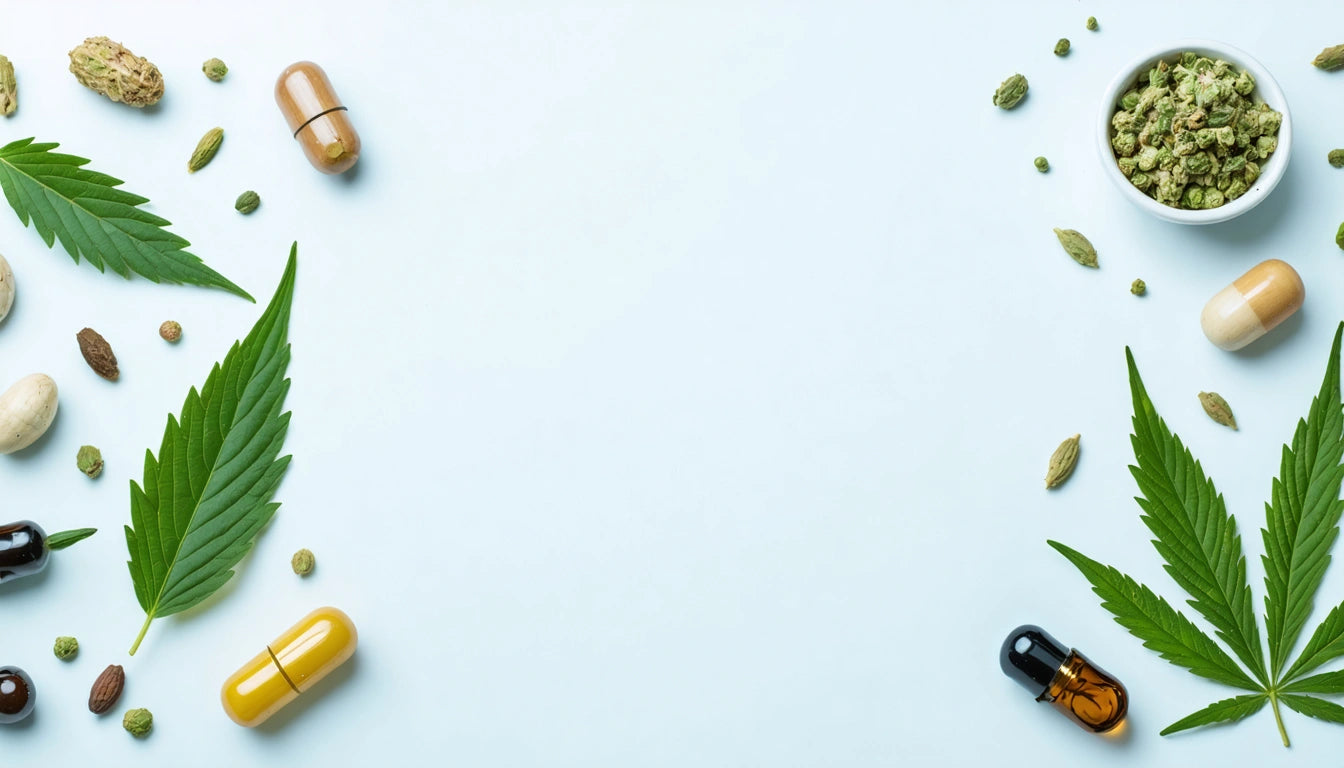Table of Contents
Can Smoking Pot Cause Acne?
The relationship between smoking pot and acne development has been a topic of interest for many cannabis users concerned about their skin health. While cannabis offers various potential benefits, its effects on skin conditions like acne deserve careful examination. Understanding whether smoking pot causes acne requires looking at both direct and indirect factors that influence skin health.
Understanding the Pot and Acne Connection
The question "does smoking pot cause acne?" doesn't have a simple yes or no answer. Cannabis affects the body in multiple ways that could potentially influence acne formation. Research suggests that the relationship is complex and often depends on individual factors.
According to studies on cannabis and skin health, THC can influence sebum production, which is a key factor in acne development. However, the cannabinoid CBD may have anti-inflammatory properties that could potentially benefit some skin conditions.
Hormonal Effects of Cannabis on Skin
One of the primary ways that cannabis might influence acne development is through its effects on hormones. THC can impact hormone levels in the body, particularly testosterone, which plays a role in sebum production.
Testosterone and Sebum Production
Cannabis consumption may temporarily increase testosterone levels in some users. Higher testosterone can lead to increased sebum production, which can clog pores and potentially contribute to acne formation. This hormonal response varies significantly between individuals.
Stress Hormones and Inflammation
While some users report that cannabis helps reduce stress, others experience increased anxiety or paranoia. Stress triggers the release of cortisol, which can worsen inflammation and potentially trigger acne breakouts. The relationship between cannabis and inflammation is complex and varies based on consumption patterns and individual physiology.
Lifestyle Factors That Accompany Cannabis Use
When examining whether pot gives you acne, it's important to consider the lifestyle factors that often accompany cannabis use:
- Increased snacking and consumption of processed foods
- Changes in sleep patterns
- Potential reduction in skincare routines
- Dehydration, which commonly occurs with cannabis use
These factors may contribute more significantly to acne development than the direct effects of cannabis itself. For example, the "munchies" might lead to consuming more dairy, sugar, and processed foods, which have been linked to acne in some individuals.
Additionally, proper storage of cannabis products is essential for maintaining product integrity and safety. Using secure containers with child-resistant features not only keeps products fresh but also prevents accidental exposure to children and pets.
Smoking vs. Other Consumption Methods
The method of cannabis consumption may play a significant role in its effects on skin health. Smoking specifically introduces combustion byproducts that may impact skin negatively.
Combustion and Toxin Exposure
When cannabis is smoked, the combustion process creates various toxins and free radicals that can damage skin cells and potentially trigger inflammatory responses. These responses might contribute to acne formation or worsen existing breakouts.
As explored in research on smoking's health impacts, the act of smoking itself, regardless of the substance, can have detrimental effects on skin health by reducing oxygen flow to skin cells and accelerating aging processes.
Alternative Consumption Methods
Alternative consumption methods such as vaporizing, edibles, or topicals may reduce some of the skin-related concerns associated with smoking. These methods avoid the combustion process, potentially limiting exposure to harmful byproducts that could affect skin health.
Prevention Strategies for Cannabis Users
For cannabis users concerned about potential acne development, several preventive strategies may help maintain healthy skin:
Hydration and Nutrition
Staying well-hydrated and maintaining a balanced diet rich in anti-inflammatory foods can help counteract some of the potential negative effects of cannabis on skin health. Drinking plenty of water before, during, and after cannabis use is particularly important.
Skincare Routine Adjustments
Cannabis users might benefit from adapting their skincare routines to address specific concerns. This could include using non-comedogenic products, incorporating gentle exfoliation, and ensuring thorough cleansing, especially after smoking sessions when residue might settle on the skin.
As detailed in skin health research, consistent skincare routines can help mitigate potential negative effects of lifestyle factors on skin appearance and health.
Consumption Method Considerations
For those particularly concerned about skin health, considering alternative consumption methods might be beneficial. Vaporizing at lower temperatures, using tinctures, or exploring edibles could reduce some of the potential skin impacts associated with smoking.
Research Gaps and Future Directions
The direct relationship between cannabis use and acne development remains understudied. Most current understanding comes from anecdotal reports and extrapolation from known physiological effects rather than dedicated clinical research.
Future research needs to better isolate variables and account for the many confounding factors that influence both cannabis effects and acne development. As legalization expands, more comprehensive studies examining both risks and benefits of cannabis on skin health will likely emerge.
Until more definitive research is available, cannabis users concerned about acne should pay attention to their individual responses and adjust consumption patterns and skincare routines accordingly. What triggers breakouts in one person may have minimal impact on another, highlighting the importance of personalized approaches to both cannabis use and skin health management.











Leave a comment
All comments are moderated before being published.
This site is protected by hCaptcha and the hCaptcha Privacy Policy and Terms of Service apply.